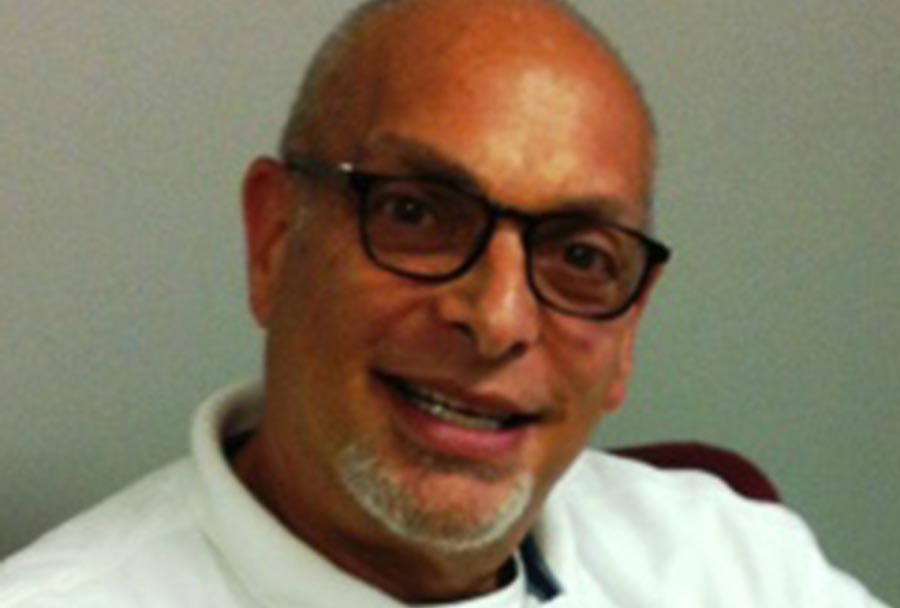In a case of poor timing, the LGBT Elder Initiative became a 501c3 nonprofit in June, around the same time the state legislature blew past its first deadline to pass a budget.
The impasse continues and the organization has yet to receive more than $11,000 from the Philadelphia Corporation for Aging. But it continues to provide outreach activities for LGBT older adults thanks to contributions from the community.
The initiative first started after an LGBT aging summit in October 2010 and took on its current incarnation in April 2011.
To further buoy the LGBTEI, Ed Bomba and other volunteers have organized a 65th birthday party for one of the founding members of the group: Heshie Zinman.
“We decided, for milestone birthdays, we’d celebrate them by hosting fundraisers for the Elder Initiative,” Bomba said.
HeshieBowl LXV takes place from 1-6 p.m. Jan. 24 at Tavern on Camac, 243 S. Camac St. It costs $25 to attend. VIP tickets cost $65 and include two drinks, light fare and a tax-deductible donation. Proceeds benefit education and advocacy efforts for LGBT older adults, including underserved communities like transgender people, women and those of color.
The reception and birthday celebration run from 1-3 p.m. Dancing begins at 2:30 p.m. DJ Brian Norwood has donated his time to spin at the event. He used to perform at the annual Blue Ball fundraiser, organized by Zinman while he served as executive director of the AIDS Information Network.
Zinman spent much of his youth as an HIV/AIDS advocate, working as a trained Buddy with the Philadelphia AIDS Task Force and founding the AIDS Library with John Cunningham. As Zinman got older, he noticed the need for more cultural competency regarding LGBT people in the aging-services network.
“Traditional families are top-down from grandparents and parents to children,” Zinman said. “If you look at LGBT families, we’re horizontal. Our families are our friends. Most older LGBT people live alone. We don’t have children. We don’t have the same financial and social supports.”
In a survey conducted by the organization, Zinman said, 20 percent of LGBT people could not name someone they could call in a crisis.
“As a community, we will have greater reliance on formal systems of care and support,” he said, noting aging-services providers need training to understand the concerns of LGBT people and avoid harassment and discrimination.
“If you need someone to come into your home and care for you,” Zinman said, “you don’t want that person to mistreat you because they see pictures of you and your partner on the wall.”
Zinman said LGBT older adults also need to educate themselves to avoid social isolation and health disparities.
Because marriage equality, and the legal benefits that come with it, only became a reality last year, many Baby Boomers missed out. To help the generation, Zinman would like to continue advocating at the state level for more data collection.
On forms administered by the Department of Aging, people cannot indicate their sexual orientation or gender identity.
“We don’t actually know how many LGBT people are accessing aging services,” Zinman said, comparing the gap in knowledge to “Don’t Ask, Don’t Tell,” the military policy, repealed in 2010, that prevented gay people from serving openly.
“We need to get a true sense of the number of LGBT people using the aging-services network so we can begin to allocate funds for programs for LGBT people,” he continued. “Data drives policy and policy drives funding.”
Zinman said the LGBT community also needs to continue advocating for the Pennsylvania Fairness Act. Without state protections for LGBT people in employment, housing and public accommodation, many may feel uncomfortable self-identifying on a government form.
Bomba said he looks forward to HeshieBowl as a way to celebrate Zinman’s lifelong commitment to the LGBT community.
“Seeing a lot of his friends from high school and college and all the advocacy work he’s done is going to be a great time,” he said.
Bomba added a lot of Zinman’s friends worked with him on HIV/AIDS causes. They turned to the issue of aging healthfully in the LGBT community when medical advancements made it more possible to live with the virus.
“One of the things we want to accomplish is to celebrate age,” Bomba said. “We survived and we’re thriving as LGBT older adults.”

